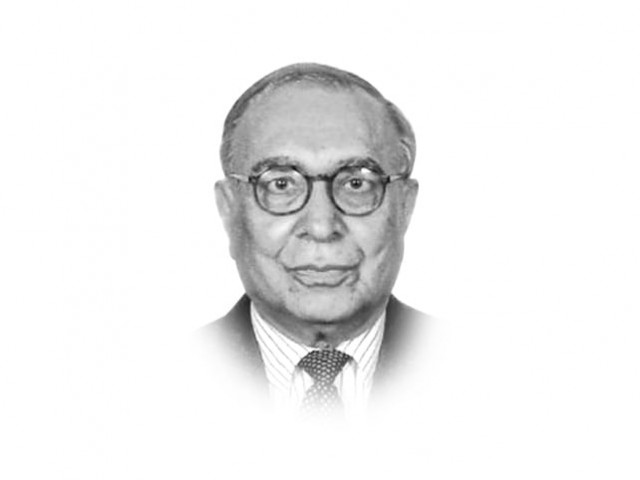Egypt’s rocky road
The litmus test would be the writing of the constitution with which it would complete the process of democratisation.

For Egypt the launch date is 25 January, 2011 and the apogee is February 11, when Hosni Mubarak finally surrendered. Thereafter, the revolution, celebrated for some new techniques of mobilising peoples’ power, has run a complex course. Following elements in the melting pot stand out : the armed forces led by Field Marshal Mohammed Hussein Tantawi stepped in to ensure stability; in the counter-narrative, this intervention is being seen as driven by the desire to perpetuate its political and economic dominance; radical activists question the military’s interim rule which can impact on the presidential election and the writing of a new constitution; the phenomenal success of Islamist parties in the first free election to parliament in 30 years; the ominous decline of an economy that limits the options of all stakeholders and expectations of adjustments in foreign policy. There is much unfinished business.
Consider first the election. The conventional wisdom has been that a free and fair election in the Arab-Islamic world often leads to a renaissance of long-suppressed Islamic parties. The scale on which it has happened in Egypt exceeded projections: the harshly-persecuted Muslim Brotherhood that embraced the electoral politics with a new flagship dubbed the Freedom and Justice Party (FJP) has bagged 47 per cent of seats; the new Salafist Nour Party that is much to the right of FJP has taken another 25 per cent seats; the traditional liberal parties have fared badly and have limited leverage to influence future developments, at least for now. The FJP has worked overtime to signal moderation, reaffirmed it has no intention of seeking the post of the president, already talked to the Americans and toned down its rhetoric about international financial institutions. It is not clear if the Nour Party would push the FJP hard to the right or come to share its strategy to ward off hostile reaction within the country and abroad as happened similar to what Hamas faced on winning the Palestinian election.
Despite pressure from democracy activists, the FJP is avoiding a proactive struggle against the army’s dominance. As in Pakistan, the Egyptian military is not inclined to see its praetorian role diluted. It has used occasional force and committed human rights violation to maintain its pre-eminence but has also successfully prevented descent into chaos that often accompanies revolutions and the kind of excesses witnessed in the initial phase of the Iranian revolution of 1979-80. The litmus test would be the writing of the constitution with which Egypt would complete the process of democratisation.
As in Pakistan, Egypt’s Achilles’ heel is the economy. Foreign investment has plummeted; foreign exchange reserves have shrunk from $36 billion in January 2011 to the current $10 billion; unemployment particularly, among the youth, has increased; inflation is in double digits; tourism is constrained by the turmoil and part of the middle class is sliding down into poverty. The military had declined an IMF deal worth $3.2 billion but may now be forced to seek it. This would inevitably produce a demand for major cuts in the hefty subsidies the state provides especially in the energy sector, a remedy that would aggravate social unrest.
Given the global dimensions of the struggle for the resources of the Middle East, economic recovery will remain linked with how the new government responds to popular aspirations for a foreign policy that is more ‘Arab’ than in the Hosni Mubarak era, a task that has to be performed without antagonising Washington at a time when it is shifting away from the letter and spirit of Barack Obama’s famous Cairo address and also Europe where there are signs of a revival of imperialist ambitions. The presidential election expected in June would be crucial in determining the quality of leadership that would have to address this vexed situation.
Published in The Express Tribune, January 30th, 2012.















COMMENTS
Comments are moderated and generally will be posted if they are on-topic and not abusive.
For more information, please see our Comments FAQ